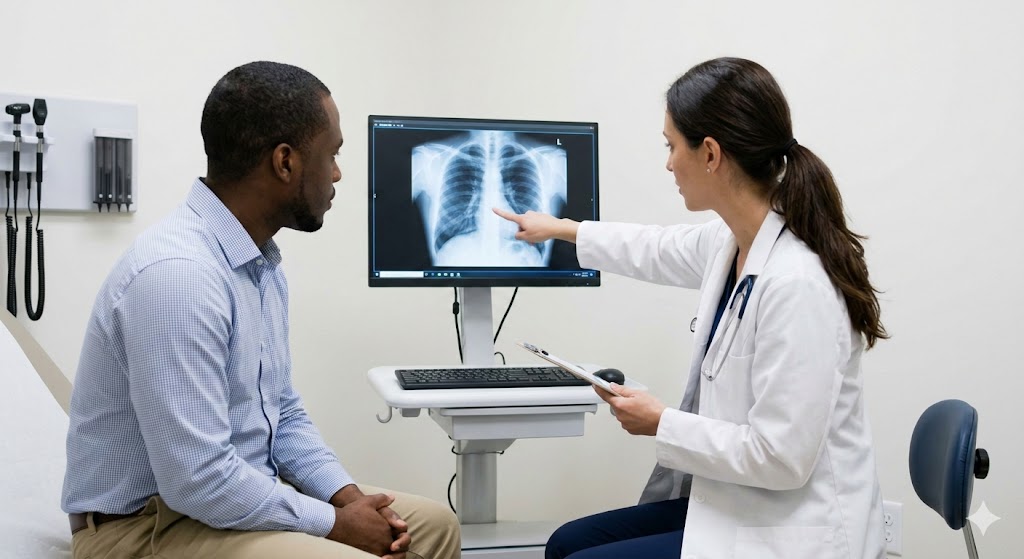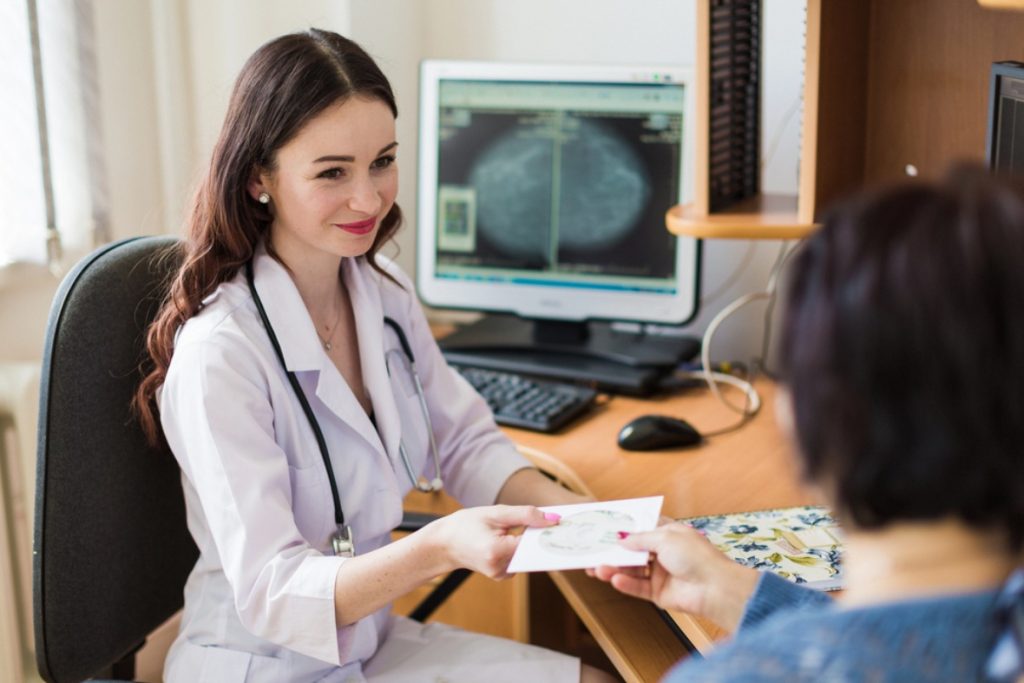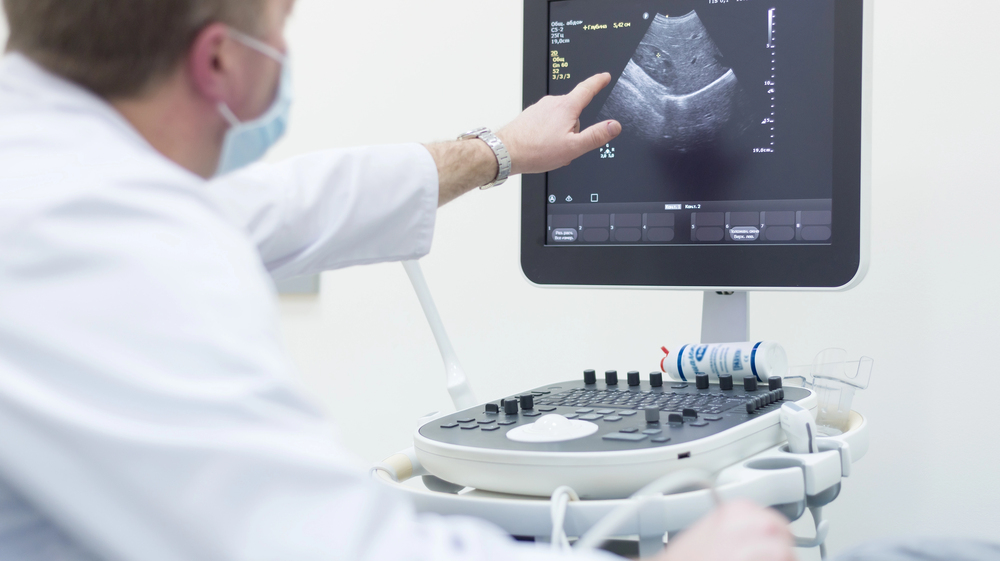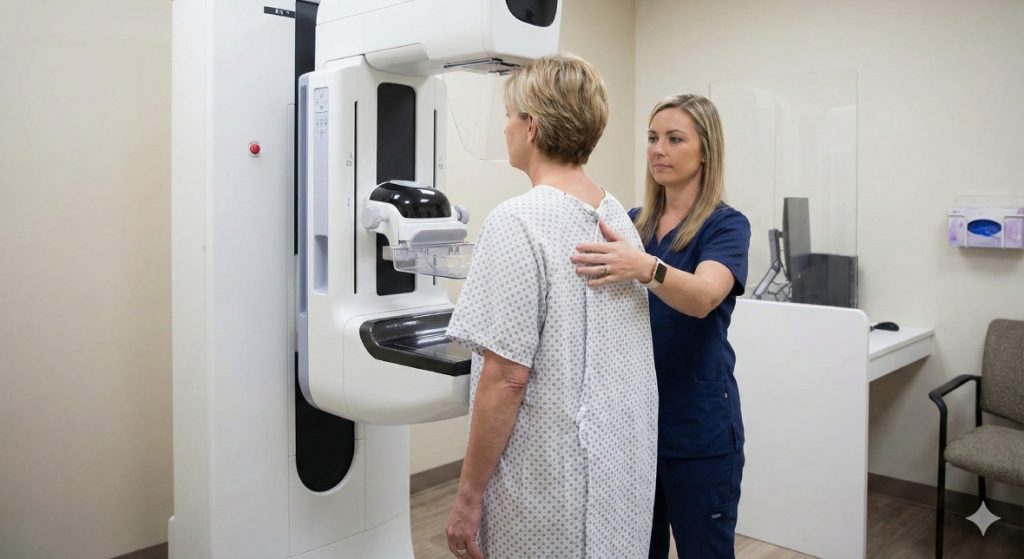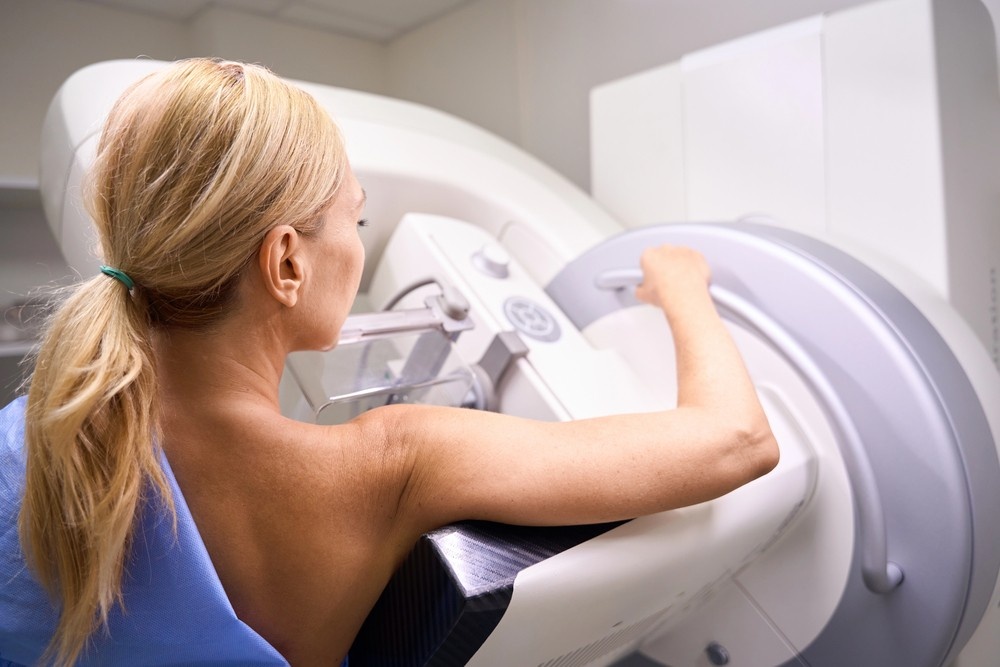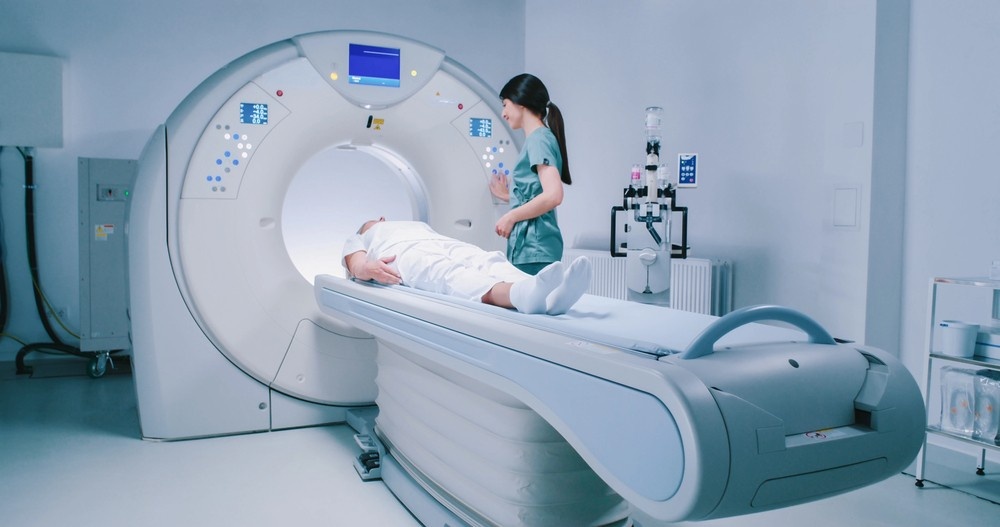What Is The Difference Between CT Scan And MRI Scan?
July 30, 2025
Understanding Medical Imaging: Why This Matters
Medical imaging has changed the way we diagnose and treat diseases. If you’ve ever had a health concern and your doctor recommended a scan, chances are you were told you needed either a CT scan or an MRI scan. But what exactly is the difference between the two?
Knowing the difference helps you feel more in control of your health. You’re not just passively following doctor’s orders—you’re informed and engaged. At NextGen Diagnostic Imaging, we believe that educated patients make healthier choices. Let’s break it all down.
CT Scan vs. MRI Scan: A Side-by-Side Look
What Is a CT Scan?
A CT scan, or Computed Tomography, is like an upgraded X-ray. It takes multiple cross-sectional images of your body and pieces them together using computer technology. Imagine slicing a loaf of bread—each slice is a detailed image, and together they form a complete picture of your internal structures.
CT scans are:
- Fast (usually 5–10 minutes)
- Highly accurate
- Especially useful for viewing bones, lungs, and internal bleeding
They’re the go-to choice in emergency rooms when time is critical, like after car accidents or if a stroke is suspected.
What Is an MRI Scan?
An MRI scan, or Magnetic Resonance Imaging, uses magnetic fields and radio waves to create high-resolution images of the body—no radiation involved. This scan is particularly good for soft tissues, making it ideal for brain, spinal cord, and muscle imaging.
MRI scans are:
- Radiation-free
- More detailed for soft tissue
- Slower (30–60 minutes on average)
- Often a bit noisy and may feel more confining
MRI is used when doctors want a deep look at organs or tissues that are hard to see with X-rays or CT.
How Do These Scans Actually Work?
CT Technology: X-Rays in 3D
CT scanners use X-rays to capture multiple images from various angles. These are processed by a computer to create a 3D picture of the inside of your body. The result is a highly detailed image of dense structures like:
- Bones
- Blood vessels
- Lungs
- Abdomen (for detecting tumors or bleeding)
Because it’s fast, it’s used for trauma, stroke, and cancer screening.
MRI Technology: Magnets and Radio Waves
MRI scanners create a strong magnetic field that aligns the hydrogen atoms in your body. Radiofrequency pulses disrupt this alignment. As the atoms return to normal, they emit signals that are picked up by the machine and converted into images.
MRI is particularly sensitive to:
- Brain tissues
- Spinal discs
- Ligaments and tendons
- Internal organs (liver, uterus, prostate)
It’s the go-to for soft tissue diagnosis.
Main Differences Between CT and MRI
1. Type of Imaging
- CT captures images using X-rays and is excellent for imaging bones and dense structures.
- MRI captures images using magnetic fields and is better for imaging soft tissues like the brain, nerves, muscles, and organs.
2. Radiation Exposure
- CT scans use ionizing radiation.
- MRI scans don’t use radiation at all.
If you’ve had multiple imaging tests, this is a factor your doctor will consider to limit exposure.
3. Scan Time
- CT scans are quick—usually 5 to 10 minutes.
- MRI scans take longer—30 to 60 minutes or more depending on the area being scanned.
Need a fast diagnosis in an emergency? CT is the winner.
4. Noise and Claustrophobia
- MRI machines are loud, with knocking or hammering sounds.
- CT scans are quieter and less enclosed.
If you’re claustrophobic, an MRI might be more uncomfortable unless an open MRI is used.
5. Comfort and Movement
- CT scans are faster and require less stillness.
- MRI scans take longer and require you to stay perfectly still to get a clear image.
6. Cost
- CT scans are generally less expensive than MRIs.
- MRI scans cost more due to longer scan times and more complex technology.
At NextGen Diagnostic Imaging, we help break down costs so you’re never surprised by your bill.
When Is a CT Scan Recommended?
CT in Emergencies
In life-threatening situations, speed is everything. CT is used for:
- Stroke evaluation
- Head injuries
- Internal bleeding
- Collapsed lungs
- Abdominal pain
Doctors can get immediate results to make urgent decisions.
Bone and Lung Imaging
CT is excellent for:
- Fractures
- Osteoporosis
- Spinal damage
- Lung diseases like pneumonia or cancer
- Kidney stones
The detail in hard tissues is unmatched.
When Is an MRI Scan Recommended?
MRI for Brain and Spine
MRI is the top pick when it comes to neurological imaging. It helps detect:
- Brain tumors
- Multiple sclerosis
- Spinal cord injuries
- Disc herniation
- Aneurysms
It provides clarity that other scans just can’t.
Soft Tissue and Organ Imaging
MRI shines in areas like:
- Muscle tears
- Joint injuries (knees, shoulders)
- Heart and liver conditions
- Female reproductive organs
- Prostate
It helps visualize inflammation, tumors, and abnormal tissues with striking precision.
Safety and Risks
CT Scan Risks
- Radiation exposure is the biggest concern, especially with repeat scans.
- Contrast dye (sometimes used) can cause allergic reactions or affect kidney function.
MRI Scan Risks
- People with metal implants, pacemakers, or cochlear implants may not be eligible for MRI.
- Claustrophobia or anxiety during long scan times is common.
- Tattoos with metallic ink can heat up (rare but possible).
At NextGen Diagnostic Imaging, we screen every patient carefully for safety.
NextGen Diagnostic Imaging: Excellence You Can Trust
If you’re in Houston and need either a CT or MRI, NextGen Diagnostic Imaging is your best local option. Here’s why:
Cutting-Edge Equipment
We use advanced technology for clearer images, quicker scans, and accurate diagnoses. Our CT and MRI machines are regularly maintained and upgraded.
Expert Imaging Specialists
Our radiologists and technicians are certified, experienced, and dedicated to your health. They ensure scans are done correctly and efficiently.
Patient-Focused Care
We prioritize comfort, clarity, and communication. From scheduling to results, we guide you every step of the way.
CT vs. MRI Comparison Table
| Feature | CT Scan | MRI Scan |
| Radiation | Yes | No |
| Scan Duration | 5–10 minutes | 30–60 minutes |
| Best For | Bones, Lungs, Trauma | Brain, Organs, Soft Tissues |
| Cost | Lower | Higher |
| Noise | Quiet | Loud |
| Comfort | Less confined | More confined |
| Emergency Use | Ideal | Not preferred |
| Detail in Soft Tissue | Moderate | Excellent |
| Claustrophobia Risk | Low | Higher |
NextGen Diagnostic Imaging Serving the Gulfton Community and Beyond in Houston
NextGen Diagnostic Imaging is dedicated to serving the diverse needs of the local community of Houston, including individuals residing in neighborhoods like Gulfton. With its convenient location near landmarks such as the Nativity Academy and major intersections like Rampart St. & Glenmont Dr. (coordinates: 29.7212006072987, -95.48863214913519), we offer imaging centers Houston services.
Get Imaging Centers Houston Services at Gulfton Now
Navigate from Gulfton to NextGen Diagnostic Imaging Now
Making the Right Imaging Choice with Confidence
What’s the bottom line? A CT scan is like a fast, wide-angle camera, perfect for emergencies and hard structures. An MRI scan is like a zoom lens, capturing deep, delicate details—especially in soft tissues.
Neither is “better”—just better for the job at hand. The real power lies in choosing the right scan at the right time.
At NextGen Diagnostic Imaging, we help your doctor make informed choices and ensure your imaging experience is smooth, fast, and clear. You’re in good hands with us.
FAQs
1. Are CT scans safe for children?
CT scans are generally safe but involve radiation. Pediatricians use them only when necessary and with lower doses tailored for kids.
2. Can I eat before a CT or MRI scan?
Usually yes, but if you’re getting a scan with contrast, you may be asked to fast for 4–6 hours beforehand.
3. What if I’m claustrophobic during an MRI?
Let your technician know. We can offer open MRI machines or light sedation if needed at NextGen Diagnostic Imaging.
4. Can I get my results the same day?
At NextGen, urgent cases are expedited, and most reports are available within 24–48 hours.
5. Is contrast dye dangerous?
Contrast dye is safe for most people, but if you have kidney issues or allergies, alternatives are available. We screen every patient beforehand.

NextGen Scan

Contact Us: We’re Here to Help!
We’d love to hear from you! Whether you have questions about our services, need more information on our diagnostic and pain management options, or would like to schedule an appointment, our friendly and professional team is here to assist you every step of the way. We are dedicated to providing you with the best care and support, and we are happy to address any concerns or inquiries you may have.

